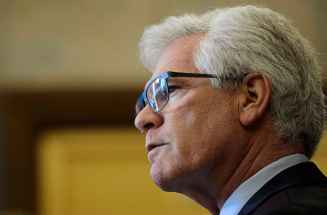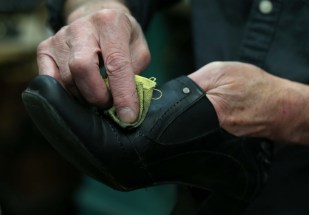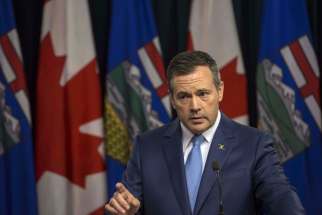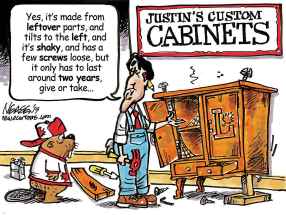Kenney tests limits of majority mandate popularity
Read this article for free:
or
Already have an account? Log in here »
To continue reading, please subscribe:
Monthly Digital Subscription
$0 for the first 4 weeks*
- Enjoy unlimited reading on winnipegfreepress.com
- Read the E-Edition, our digital replica newspaper
- Access News Break, our award-winning app
- Play interactive puzzles
*No charge for 4 weeks then price increases to the regular rate of $19.00 plus GST every four weeks. Offer available to new and qualified returning subscribers only. Cancel any time.
Monthly Digital Subscription
$4.75/week*
- Enjoy unlimited reading on winnipegfreepress.com
- Read the E-Edition, our digital replica newspaper
- Access News Break, our award-winning app
- Play interactive puzzles
*Billed as $19 plus GST every four weeks. Cancel any time.
To continue reading, please subscribe:
Add Free Press access to your Brandon Sun subscription for only an additional
$1 for the first 4 weeks*
*Your next subscription payment will increase by $1.00 and you will be charged $16.99 plus GST for four weeks. After four weeks, your payment will increase to $23.99 plus GST every four weeks.
Read unlimited articles for free today:
or
Already have an account? Log in here »
Hey there, time traveller!
This article was published 21/11/2019 (2212 days ago), so information in it may no longer be current.
Like so many politicians aspiring to high public office, Jason Kenney has worked hard to cultivate an image of himself as a man of the people.
Now that he has risen to the office of premier of Alberta, however, questions are being asked about just exactly for which people has he designated himself to be “the man.”
Mr. Kenney, a former federal Conservative cabinet minister under prime minister Stephen Harper, was elected premier of Alberta on April 16 under the banner of the United Conservative Party (the result of a 2017 merger of the Progressive Conservatives and the Wildrose Party). After a campaign focused on openness, fairness and accountability, the UCP received a massive majority (63 of 87 seats) from Alberta voters, who had clearly had enough of NDP premier Rachel Notley after just one term in office.
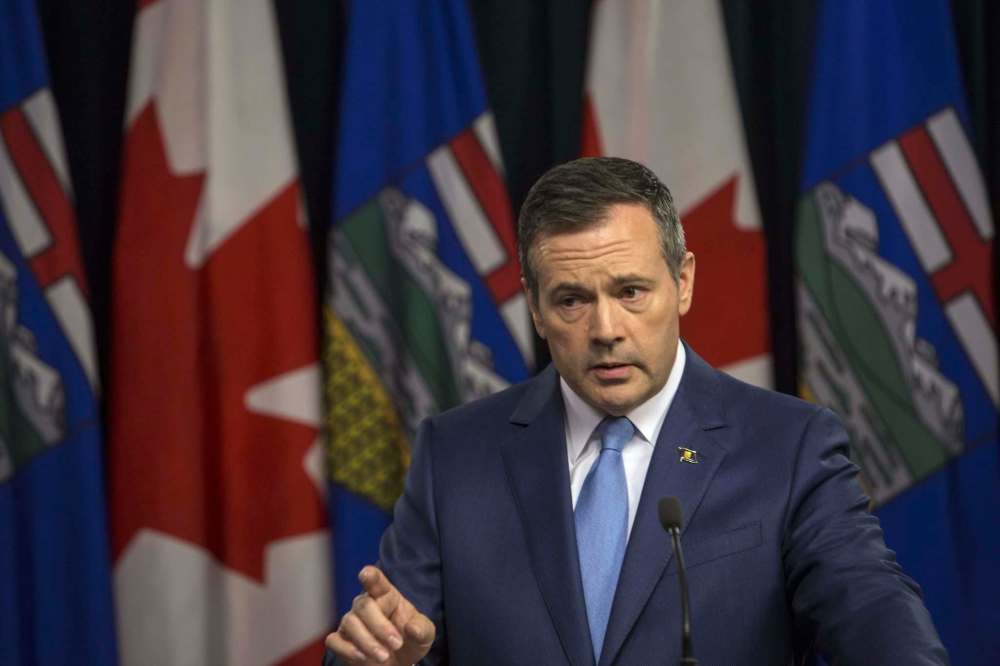
Upon being elected, Mr. Kenney continued to position himself as a champion of western conservative values and a vocal opponent of Prime Minister Justin Trudeau’s push for re-election.
The Alberta premier’s insinuation into federal politics included venturing outside his own province, including an Oct. 19 visit to Winnipeg, to support the ultimately unsuccessful campaign efforts of Conservative party Leader Andrew Scheer.
Back at home in Alberta, Mr. Scheer also became one of the faces of the “Wexit” (western-province exit) movement, borne out of renewed grumbling over the federal government’s perceived short-shrifting of western provinces’ concerns, particularly with regard to the ailing petroleum/energy sector. Mr. Scheer and Saskatchewan Premier Scott Moe found reason to rev up their separatist rhetoric in the federal Liberals’ failure to win a single seat in either of their provinces in the election that produced a Liberal minority government.
All of which serves Mr. Scheer’s populist agenda rather well in a province that has been feeling more than a bit put upon since the 2008 economic downturn brought its boom years to a screeching and fiscally debilitating halt.
But recent events have given Albertans reason to question whether their new premier’s “of the people” posturing is as genuine as was advertised during the run-up to last spring’s vote. Of particular concern is a recent move by Mr. Kenney’s government to abruptly terminate the employment of the provincial election commissioner in the midst of an investigation of alleged UCP wrongdoing.
The introduction last Monday of Bill 22, the Reform of Agencies, Boards and Commissions and Government Enterprises Act, would eliminate an independent agency that happens to be investigating UCP campaign irregularities and has already levied fines totalling in the hundreds of thousands of dollars.
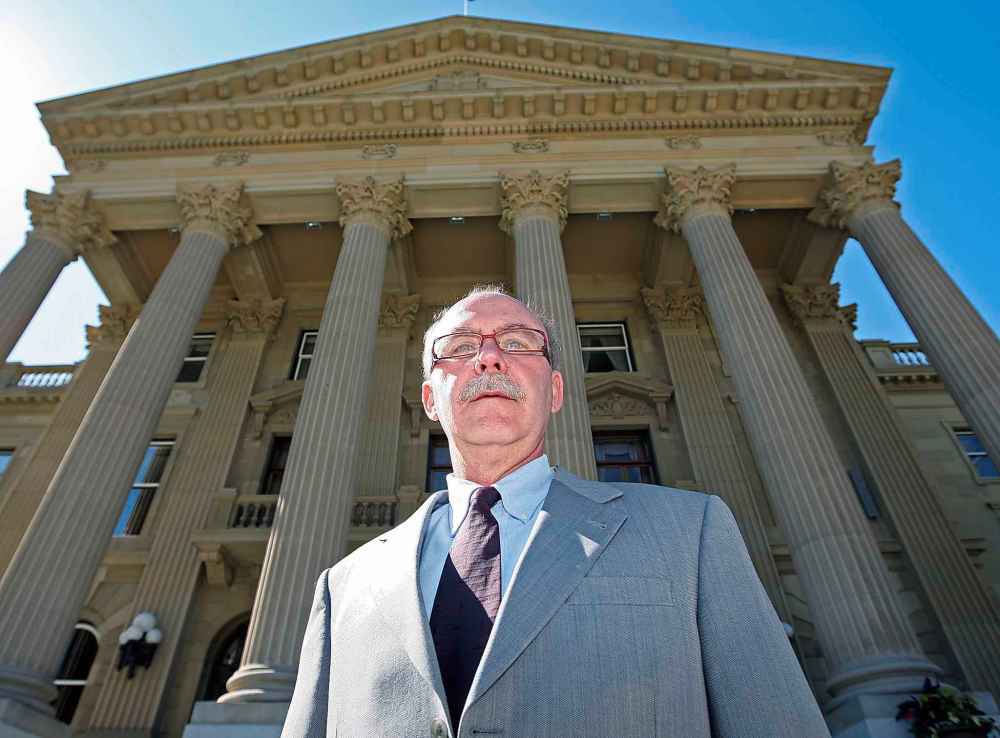
The Kenney government’s assertion is that Bill 22’s intent is focused on efficiency and that firing election commissioner Lorne Gibson and transferring his staff and responsibilities to the chief electoral officer will save Albertans $500,000 annually.
That is, to put it mildly, a bit of a stretch. Reaction to the introduction of Bill 22, and the Kenney government’s move to limit debate on the legislation to just three hours, has been swift and overwhelmingly negative. Notley, the Opposition leader, was expelled from the legislature Tuesday after refusing to apologize for accusing UCP house leader Jason Nixon of misleading the house about the intent of Bill 22.
In the short term, it’s political theatre of the highest order in Alberta. Over the longer haul, however, it might prove to be the first test of how far Mr. Kenney can allow his massive-majority leverage to push his public-opinion luck.




